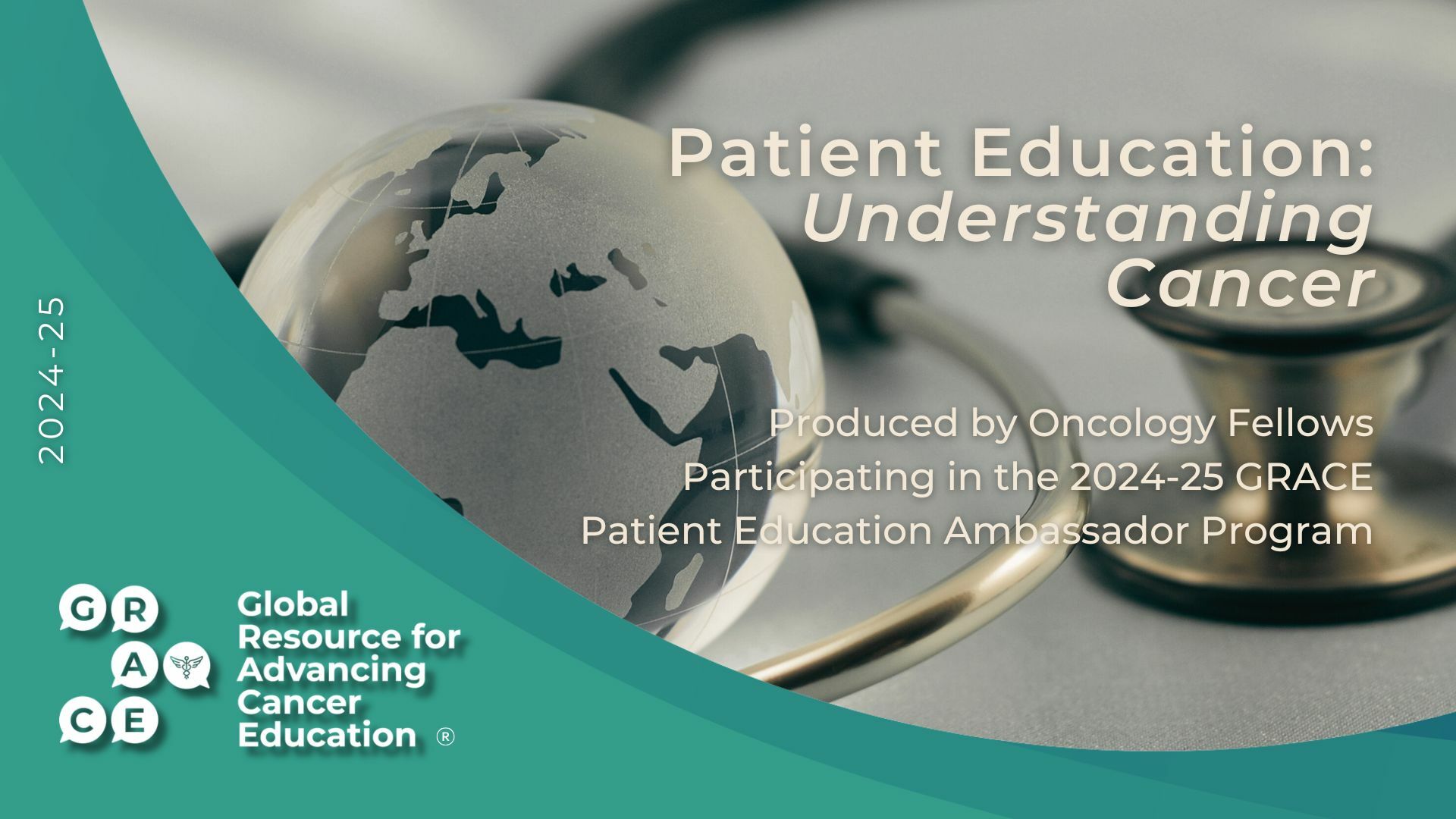Article and Video CATEGORIES
Unfortunately, yesterday brought bad news in the form of another negative phase III trial for advanced NSCLC, this one the ATTRACT-1 trial of carboplatin/taxol (paclitaxel) with or without ASA404, which is in a class of drugs called "vascular disrupting agents" that I described in a post back in 2007. There had been a phase II trial of this combination with ASA404 that looked very promising, with a median overall survival of 14 months for the combination arm, vs. only 9 months for the arm getting chemo alone. This led to a couple of larger, more definitive studies that have been ongoing. The first, ATTRACT-1, was in the first line setting, and as noted above gave ASA404 on a backbone of carbo/taxol, and has completed enrollment. The second, ATTRACT-2, is still accruing patients and is giving taxotere (docetaxel) with or without ASA404 in the second line setting.
The news yesterday was that the ATTRACT-1 trial is being halted (no more treatment with the study drug, and people are no longer required to adhere to treatment according to the protocol-based plan), because an interim analysis of the trial results showed that the investigational arm wasn't doing any better than the standard chemo arm, and it appeared that there was no way for this to improve to the point at which ASA404 would confer a survival benefit. We don't have more details available than that, though this was enough information to lead shares of the UK-based company Antisoma, who make ASA-404, to lose 2/3 of its value over the day. Novartis had been co-developing the drug with Antisoma.
My understanding is that at the present time the second line trial is ongoing and is planned to continue to accrue patients, though I have to imagine that the enthusiasm for the concept is much lower right now that the first line trial is being abandoned. Moreover, when the CEO of Antisome says, "We have to say it's quite unlikely that we will get any future cash flows from this programme", that doesn't exactly motivate people to enroll on the sister trial.
We certainly need to learn more about the trial and whether there may be subsets of patients who did better with ASA404, but if there is something to learn from the experience, I think I would highlight that this was an example of a very glowing press release about supposed breakthrough results from a phase II trial. Here's what I said in my post from 2007:
They call it a “positive trial”, which is really a wording I’d reserve for a larger phase III trial that can actually detect differences between one treatment and another, and I would consider it rather aggressive to make an international declaration of the astounding benefit of their drug based on a phase II trial. Many new drugs and combinations show phenomenal results in small phase II trials reported early, and many don’t pan out. This doesn’t mean I don’t think the results are encouraging — I absolutely do, and I’d consider this agent on my “ones to watch” list for years to come.
I wish ASA404 had been the exception and not the rule, because we could certainly use more effective agents for lung cancer. I would have been very happy to have had my skepticism been misguided. But unfortunately, we've seen this before, and we'll see it happen again. I'd encourage people to be hopeful, because all of our positive trials were preceded by encouraging early work in smaller studies, but unfortunately many breathless press releases turn out to be more sizzle than steak.
Please feel free to offer comments and raise questions in our
discussion forums.




